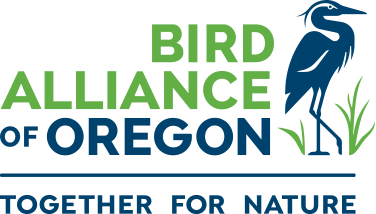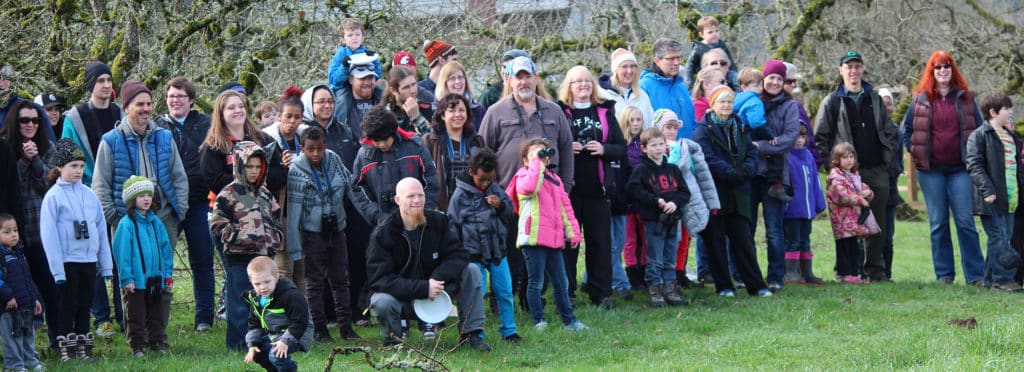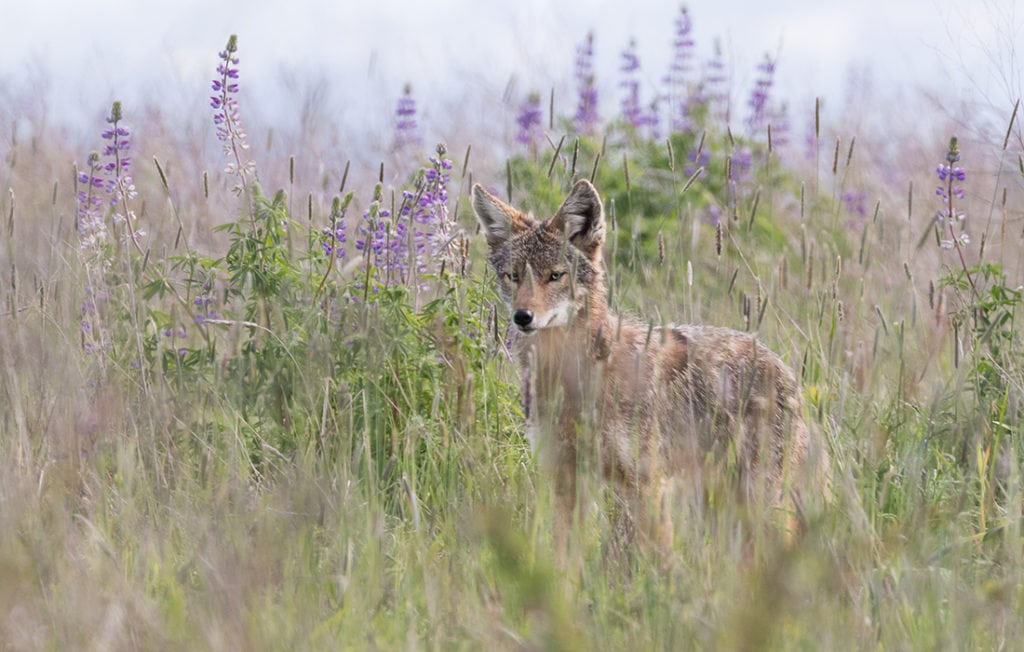
A few of the goslings were not brought to us immediately, and were handled inappropriately during their stay with their rescuers: being cuddled, held, and pet by humans. Luckily, this year most of these cases have been reversible, but we do often see irreversible habituation or imprinting in young waterfowl and other wild animals every year. Wild animals that are comfortable with and approach people and pets cannot be safely returned to the wild, as they put themselves and people in danger.
Remember to keep the wild in wildlife: if you find an injured or orphaned wild animal, respect them for what they are – a wild animal. Not only does contact with people have potential long term effects on a wild animal’s behavior, we are also predators and it is extremely scary for wildlife to be near us and unable to escape. On top of that, all wildlife has the potential to carry illnesses that could affect people and pets; the best way to protect yourself and your family is to limit contact and wash your hands thoroughly after any necessary contact. As fascinating and exciting as it can be to be up close with a wild animal, they are not toys! Helping children to understand this, and that the best way to help the animal by keeping it quiet and undisturbed, can be a great way to teach respect for wildlife and wild spaces.
Canada Geese are large waterfowl birds, with long black necks, and a white chinstrap. Their bodies are mostly brown with a lighter chest and white undertail. Their legs and feet are black, and their toes are webbed for better swimming abilities. Chicks are yellow and fluffy, and precocial: which means they walk and follow mom around as soon as they hatch! Although they can eat and walk all by themselves, they still need their parents for protection and guidance. Goslings remain with their parents constantly, traveling, feeding, and sleeping together. The young geese may even remain with their parents for their entire first year. Canada Geese forage for food by dabbling in shallow water or grazing in fields. You can find them just about anywhere near water, grassy fields, or grain fields. Large flocks of these geese communicate with honking, a familiar sound to most Portlanders!

How To Help Waterfowl in Your Area
-
- Please enjoy our local waterfowl but view them from a distance and respect their wildness. Do not feed them! The age-old practice of feeding ducks and geese is incredibly bad for both the bird’s health and the environment. Foods like bread are unnatural and unhealthy, but regardless of the type of food, encouraging wild animals to look to humans for food is dangerous for everyone involved. Throwing food damages water quality, encourages wildlife to approach people, and contributes to overpopulation – which further degrades the wetland environment and water quality, as well as leads to increased disease outbreaks in animal populations.
- Unfortunately our area is very overpopulated with geese and ducks. The more and more we encroach on their habitat, change the landscape, and encourage overpopulation at water sources by feeding, the more they will have to adapt and make do with what little they have. This often means nesting in urban areas quite far from water sources, where they are more at risk to human threats during that first long walk to the water. Between cars, dogs, cats, and other human interference, there are many ways a gosling or duckling can get separated from their family. If you see a family of ducks or geese with their babies, please give them the space to feel safe so that you don’t accidentally cause orphans!
- If you do see a lost gosling or duckling, put it in a box and don’t handle it, feed it, or provide water – goslings are not fully waterproof and their parents help them stay warm and dry. Swimming without parental help can leave them wet and hypothermic, which can be life threatening. Bring the gosling to the center for an exam as soon as possible. Don’t try to foster or reunite goslings or ducklings on your own; there may be a reason it fell behind, and some species (like mallards) will attack ducklings that approach their families, even if they were once part of the family. Bringing the baby to the center will allow us to evaluate its health and confirm the species, so that we can make the best plan for the baby’s survival.
What to Do If You Find An Ill, Injured or Orphaned Animal
-
- If an animal is visibly ill or injured, has been in contact with a cat, or is definitely orphaned, the best thing you can do is contain the animal in a securely closed (but ventilated) box and keep the animal quiet and undisturbed until you can transport it to your closest wildlife rehabilitation facility. Do not offer food or water.
Bird Alliance of Oregon’s Wildlife Care Center accepts new patients from 9 a.m. – 5 p.m. every day. You can also leave a message on our Wildlife Hotline at (503) 292-0304 or email wildlife@birdallianceoregon.org and one of our wildlife solutions counselors will get back to you and provide advice for your specific situation.
_______________________
Unfortunately due to COVID-19 we had to operate our Wildlife Care Center this past year with about 20% of our normal staffing and with about a 25% increase in our annual patient admissions. We were left with the difficult but necessary decision to discontinue providing follow-up updates on patients brought into our center so that we could focus on the daily care of the animals. And while we simply cannot write a story about each animal, our goal for this fresh and bright new year is to show you what we can: in the form of a weekly patient update! Check in every Thursday for our “Patient of the Week”; with information on the species, the circumstances that brought the animal in, and preventative advice so you can be a better steward for our wildlife!
If you’d like to contribute to the Wildlife Care Center, please consider making a donation here. Your support helps us save lives.



